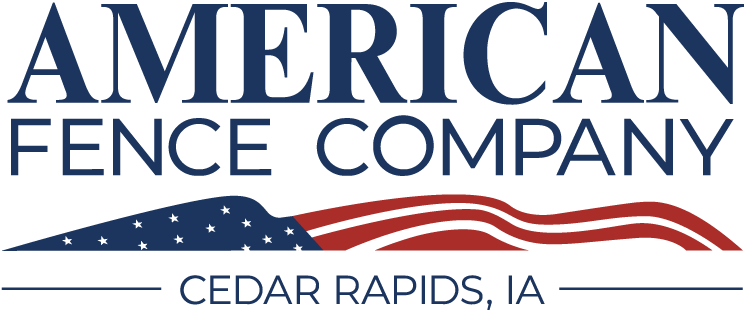Is cedar still #1 in wood fence material in Cedar Rapids, IA?
These days, harvesting of old growth cedar trees has greatly reduced, due to new restrictions on North American forestry. As a result, much of the cedar wood fencing used today is composed of new growth trees known for fast growth and minimal heartwood content. Trees with great abundances, such as incense cedar and white fir, are commonly sourced today.
What advantages do treated wood fencing have over Douglas Fir, incense cedar, and western red?
Pine fence materials tends to be durable and, once enhanced with ACQ or ACQ2 pressure treatment, practically impenetrable. Important to remember is that as treated wood dries after treatment, cracks tend to form — and that this is a completely natural process that doesn’t compromise strength or longevity. Only when these cracks become wide enough to permit visibility clear to the other side should you be worried. Twisting may occur, too, though this also shouldn’t compromise the quality of your wood fence posts in Cedar Rapids, IA.
Should I stain my wood fences in Cedar Rapids, IA?
Staining should be applied within six weeks of installation, if you wish to help preserve your fence’s original color.
When staining, ensure that your fence is completely — thoroughly — dry. This’ll help your fence absorb and retain its staining. We recommend waiting a full week since the last rain. Also: only apply fence staining in Cedar Rapids, IA on calm, dry days with no wind. The process tends to be messy and overspray can easily wind up where it’s not wanted, including on your neighbor’s property. Staining professionals also recommend taping off adjoining structures and laying drop cloths. We also recommend verifying that your wood fence is not regularly exposed to sprinklers — to avoid uneven discoloration and splotches in the staining.
There are also a couple of process options for wood fence staining in Cedar Rapids, IA: brush staining, rolling on staining and spraying.
- Brush staining tends to be tricky because of the coarse surface of wood fencing.
- Rolling on staining tends to be easier but results in more drips and runny patches.
- Spray staining works best in the hands of a qualified professional who has a keen sense of what amount of staining is best.
To even out the staining application and produce optimal results, first spray the fence and then quickly follow up with a brush staining. Also, plan on restaining every 2-3 years. However, there is no better quality assurance method than hiring a fence company in Cedar Rapids, IA that offers staining as one of its services.
What is sapwood and heartwood?
Sapwood, you could say, consists of the veins and arteries of the tree: it’s the part through which sap and water flows. Heartwood is the dark, interior core of the tree. Made up of used sapwood, it essentially functions as the tree’s spine.
